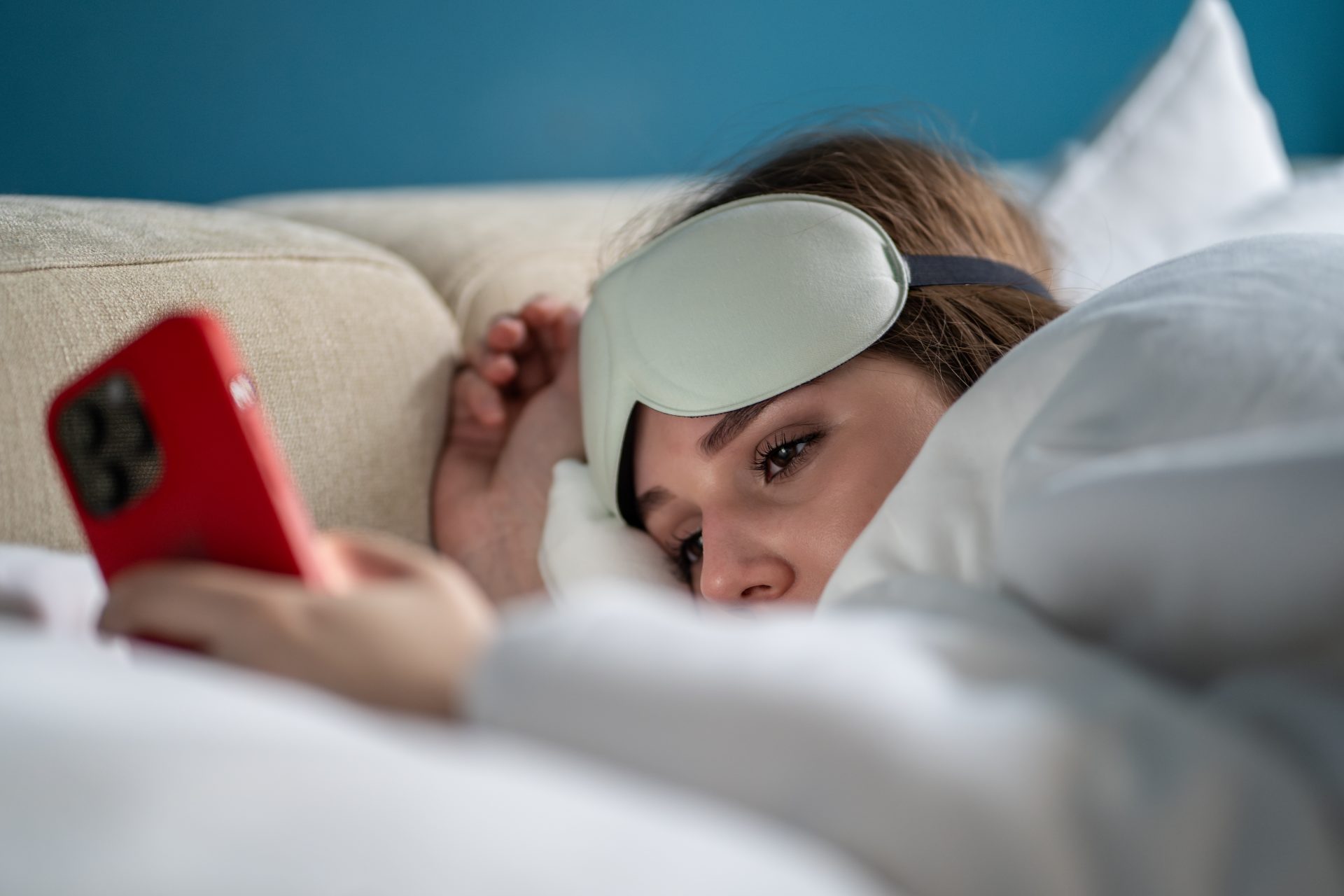Is ‘doomscrolling’ rotting our brains?
In recent years, the rise of social media has introduced a new habit into our daily lives: scrolling through content on our phones. Whether on TikTok, Instagram or X, users spend hours scrolling, absorbed by an uninterrupted flow of publications of all kinds.
This habit can even be considered an addiction. According to Anna Lembke, an American psychiatrist specializing in addictions, the excessive use of social media can lead to an addiction comparable to that of drugs. And like any addiction, it has a bad impact on our brain.
As proof of the scale of this phenomenon, the expression ‘brain rot’ entered the Oxford dictionary in 2024, described as "the supposed deterioration of a person's mental or intellectual state, especially due to overconsumption of content considered trivial or unstimulating."
Other harmful effects of scrolling on our screens include attention disorders. According to a neurologist known by the pseudonym @doctor.bing on Instagram, scrolling on your phone "disrupts the chemicals that control concentration and mood."
“The constant stream of notifications floods the brain with dopamine over and over again, making it hungry for quick and easy rewards,” the neurologist explains. “Over time, it becomes harder to focus on slower, more demanding tasks, such as reading or problem-solving, because they don’t provide the same immediate gratification.”
But the effects of scrolling don't stop there. Spending hours scrolling through content on your phone can also be detrimental to your mental health, particularly through the phenomenon known as ‘doomscrolling’.
The phenomenon worsened with the Covid-19 pandemic, a period when we were scrutinizing the number of deaths linked to the pandemic every day. Since then, it has continued: the wars, global warming and politics, among other things, keep fueling our anxiety.
In fact, ‘doomscrolling’ may be a response to stress, according to Harvard physician Aditi Nerukar who says that our brains and bodies “are designed to handle short bursts of stress. But for years, that stress has seemed constant”, and perhaps, too much to handle.
In addition to its impact on mental health, ‘doomscrolling’ can also have physical repercussions, according to Harvard experts. Possible symptoms include headaches, nausea, muscle tension, neck and shoulder pain, loss of appetite, sleep disturbances, and even increased blood pressure.
As you can guess, a lot of people in today’s society are caught in a stress-‘doomscrolling’ cycle. But fret not, according to experts, there are ways to put an end to this addiction. Here are some tips by neuroscientist Emily McDonald, quoted by Vogue:
“When we wake up in the morning, our brainwaves are stronger in the theta and alpha ranges. Our brains are in a more suggestive state, which means the content we consume during this time is likely to have a greater impact on our state of mind,” says McDonald.
“Checking social media first thing in the morning also spikes dopamine, which primes the brain to be more distracted and increase the desire to consume throughout the rest of the day,” she adds.
In addition, the neuroscientist advises turning off notifications, which are designed to “trigger a stimulus-response relationship in our brain.”
Moreover, the expert suggests sorting the content we follow, keeping only the most inspiring, in order to make social networks beneficial rather than harmful.
More for you
Top Stories
































